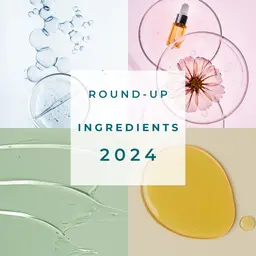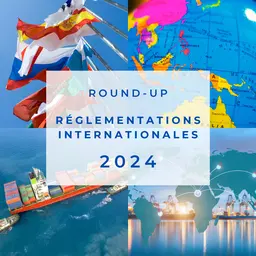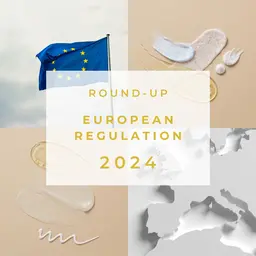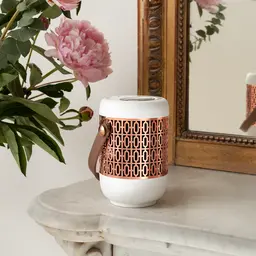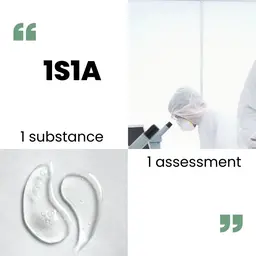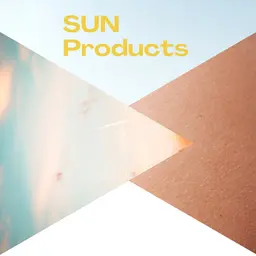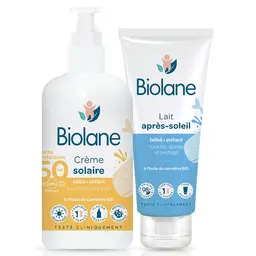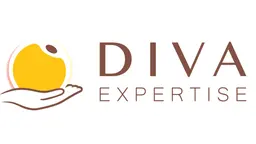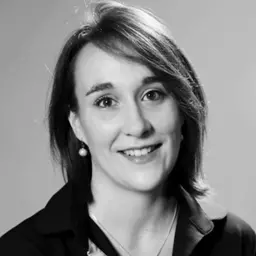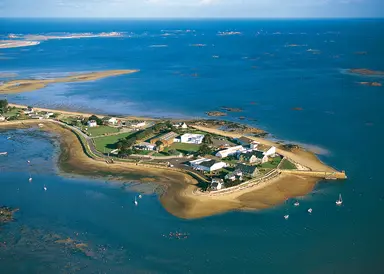
Demineralized water is still not law in cosmetic formulas: there are a number of alternatives available to enrich beauty products, and sea water is part of them. How is it collected? What are the associated claims? Ingredient supplier Setalg unveiled the secrets of their sea water for us.
Sandrine Hervé and Anne-Charlotte de Geyer d’Orth answered CosmeticOBS’s questions.
Setalg: ID file
The Setalg plant is based in the north of Brittany, on the Pleubian peninsula.
Pleubian is located on one of the largest foreshores of Europe. As a result, the differential between the high and low tides is considerable. The area is classified as Natura 2000, a certification which protects and guarantees water quality.
Sandrine Hervé explains that if the company has specialized in selling sea water,
‘it is because there is a real geographic legitimacy, since the access to the resource is quick and convenient. The company does not need to deal with any transportation time.’
In addition to supplying sea water, Setalg markets seaweed, which they collect near the production site.
Pumping
Sea water is pumped off Pleubian, in the archipelago of Bréhat, 50 metres from the plant.
To this aim, the tidal coefficient should be of 80, in order to limit the presence of sand in the water. Anne-Charlotte de Geyer d’Orth specifies that
‘the company fully depends on tides. The pump cannot be positioned farther, because there would be too many issues with the pipes.’
Once sea water has been pumped, it is placed in tanks fitted with filtration systems (double filtration of 0.5 and 0.2 micrometres), which helps get rid of any impurities (sand or shell residues), and filtrate micro-organisms (plankton or bacteria).
Storage conditions
Sea water is placed in a cooler under 4 degrees. Its preservation is guaranteed for six months.
‘The optimum maximum duration of use is not dictated by any cosmetic regulation,
WE
impose it,’
Sandrine Hervé explains.
‘Water is a living material which can change over time. When it is filtrated, the presence of flora is limited to the minimum. However, once the sale has been concluded, nothing guarantees the client will comply with the 4-degree preservation instructions. If the water has reached room temperature again, flora residues may start proliferating, whereas over a six-month period, this phenomenon cannot occur,’
Anne-Charlotte de Geyer d’Orth adds.
Since the company’s business depends on the tides, there is no stock. They work on a just-in-time basis, when clients place their orders. Anne-Charlotte de Geyer d’Orth specifies that
‘this bias contributes to guaranteeing a fresh and healthy product.’
However, if Setalg happens to own water whose best-before date has expired, it will just be poured back to its natural habitat.
Cosmetics claims
The water found in the Bréhat archipelago is renowned for its richness in minerals like chloride, sodium, potassium, calcium, and magnesium. Its dry extract is between 4 and 5% and it allows for hypertonic claims. All these minerals help maintain the skin’s pH and prevent any skin issues like redness and itching.
Sandrine Hervé adds that sea water is all the more interesting since
‘land forms of minerals can hardly be absorbed by the skin – they can hardly go through the skin’s barrier – whereas a marine source, thanks to its soluble minerals, ensures better affinity and compatibility with the skin.’
Sea water and formulation: a good match?
The use of sea water is complex, due to the presence of (soluble) ions and minerals which destabilize formulas. As a result, a particular formulation level is required.
Water in powder?
Setalg’s reputation in terms of water purity is so widely recognized that the Asian cosmetics industry is really keen on their sea water. Indeed, certain areas in that continent are very polluted: in fact, it is impossible to formulate anything with the nearest sea waters, and that is why the Setalg ingredient is so popular. Still, there are several thousands of kilometres between Asia and Brittany.
‘It is for this obvious reason that we cannot transport our water that far, storage and transport conditions cannot be optimum,’
Sandrine Hervé explains.
However, the company has found a way to distribute their ingredient beyond our borders, by atomizing water into powder. Anne-Charlotte de Geyer d’Orth explains that
‘the process is quite simple: sea water is placed in salt marshes to get a first natural evaporation and concentrate the water with minerals. Then, the aqueous part is extracted to keep the mineral concentrate, which represents 85%. So, we just need to take the powder and put it back into a solution with demineralized water to obtain Plouvian sea water. The mineral powder’s BBD is of two years. No more problem with the storage and transport, then
.’
As a natural ingredient safe and healthy for the skin, sea water is getting more and more widely used in cosmetics: we can now take advantage of marine benefits at home.
Learn more
• Read our article,
‘Sea water-based cosmetics’
JS



